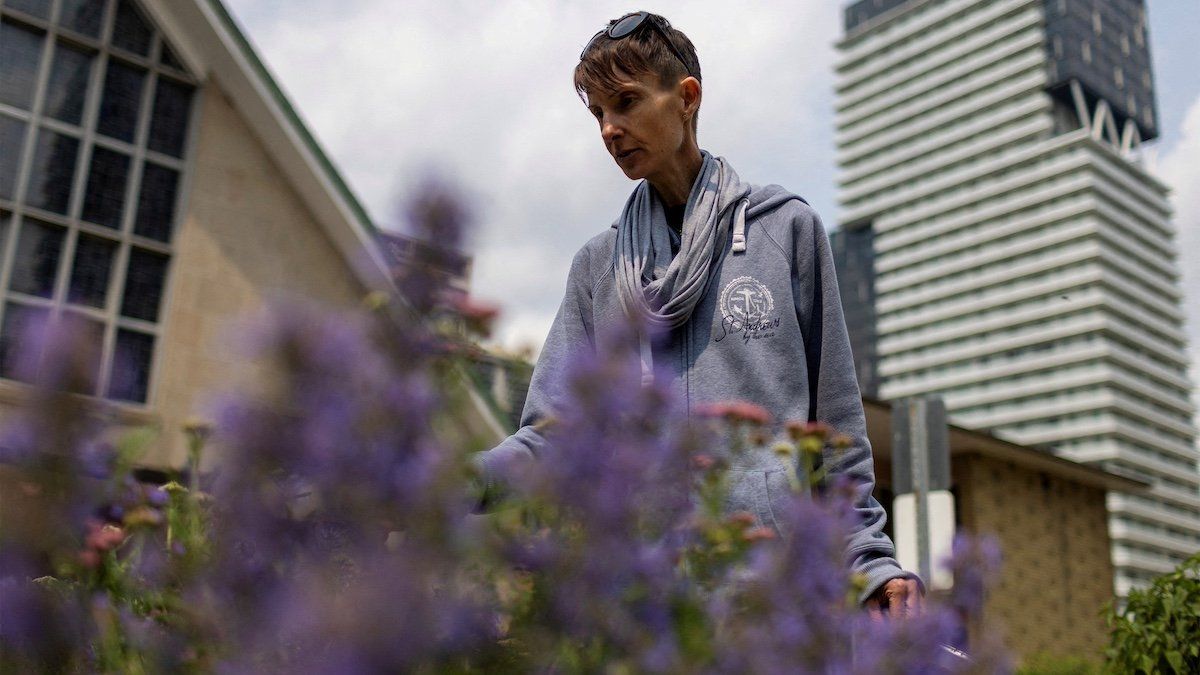Canada’s medical assistance in dying (MAiD) regime is garnering criticism, as its rapid growth threatens to make the country the world capital of assisted suicide - if it’s not already. Health Canada has just released the statistics for 2023 that show Canada sat just behind the Netherlands in terms of the number of assisted deaths. In both countries, one in 20 deaths are due to medical assistance - a total of 15,343 Canadians in the 2023 calendar year. However, it took the Netherlands 22 years to reach that proportion; it has taken Canada just seven.
The original intent of the legislation was to offer a painless death with dignity to those with a terminal disease. Since then, court challenges have opened medical assistance in dying to people who do not have a “grievous and irremediable” condition. The most worrying statistic for opponents of expanding the regime was the revelation that 622 people with non-terminal illnesses received assisted dying. Nearly half of them cited “isolation or loneliness” as one of the causes of their suffering. Rejections of MAiD remain much higher for non-terminal applicants, but yet more liberalization of the regime is coming, unless a future government steps in to block it.
As of March 2027, people with mental illness as their underlying condition will be eligible for MAiD, a development that has many experts worried. The change was due to come in last March but was punted down the road by parliamentarians spooked by expert testimony that indicated the difficulties of predicting mental illness outcomes. One witness told members of Parliament that the long-term prognosis of a person with mental illness is wrong one half of the time.
The voices of concern will grow louder if the 2024 numbers confirm that Canada is now medically assisting the deaths of more of its own citizens than any other country on earth.
